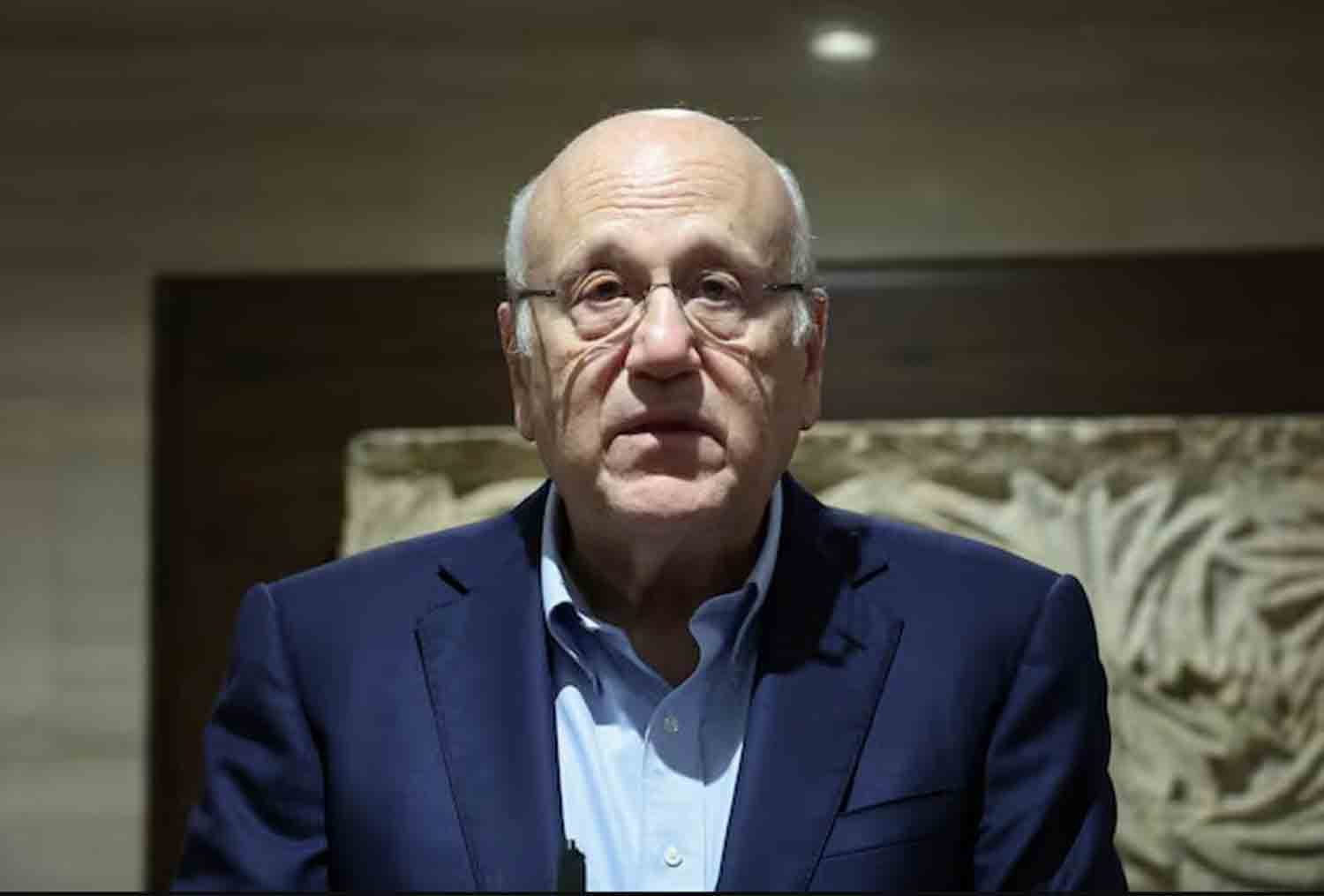Lebanese caretaker Prime Minister Najib Mikati is scheduled to meet with Syria’s de facto leader, Ahmed al-Sharaa, in Damascus on Saturday, according to two sources from Lebanon. This marks the first visit by a head of government to Syria’s capital since Bashar al-Assad’s regime fell. Additionally, it will be the first visit by a Lebanese prime minister to Syria in 15 years.
Lebanon’s newly appointed president, Joseph Aoun, expressed on Thursday that there exists a historic opportunity for “a serious and equal dialogue” with Syria, which had significant influence over Lebanon during the Assad family’s lengthy rule, maintaining a military presence there for 29 years until 2005—a situation that faced considerable opposition from many Lebanese.
Sharaa, who leads the rebel forces that ousted Assad on December 8, assured last month during a meeting in Damascus with prominent Lebanese Druze leader Walid Jumblatt that Syria would refrain from interfering in Lebanon’s internal matters. Mikati received a phone invitation from Sharaa for the visit last week. Lebanese Foreign Minister Abdallah Bou Habib, who is expected to join Mikati, indicated during a December 26 conversation with his Syrian counterpart that Lebanon is eager to establish positive neighborly relations with Syria.
The last Lebanese prime minister to visit Damascus was Saad al-Hariri in 2010. Relations between Damascus and Beirut have often been tense since both nations gained independence in the 1940s. The Iran-backed Lebanese Shi’ite group Hezbollah played a crucial role in supporting Assad during the Syrian civil war, combating the Sunni Islamist factions that sought to overthrow him. Historically, the Assad regime had a significant influence in Lebanon during the 1975-90 civil war, deploying troops in 1976 and maintaining dominance for 15 years post-conflict. While many Lebanese perceived Syria as an occupying force during that time, some factions supported its involvement.
The murder of former Lebanese Prime Minister Rafik al-Hariri in Beirut in 2005 triggered widespread protests across Lebanon and led to significant pressure from Western nations, ultimately resulting in Syria’s withdrawal of its troops. An initial international investigation pointed to high-ranking officials in both Syria and Lebanon as being involved in the assassination. Although Syria refuted any connection, former Syrian Vice President Abdel-Halim Khaddam claimed that President Assad had issued threats against Hariri months prior, a statement that Assad contested.
Fifteen years later, a court supported by the United Nations found three members of Hezbollah guilty in absentia for their involvement in the assassination, a claim that Hezbollah continues to reject.
Discover more from Defence Talks | Defense News Hub, Military Updates, Security Insights
Subscribe to get the latest posts sent to your email.





